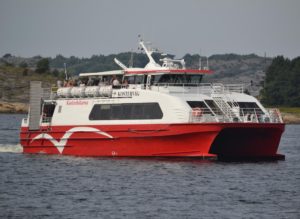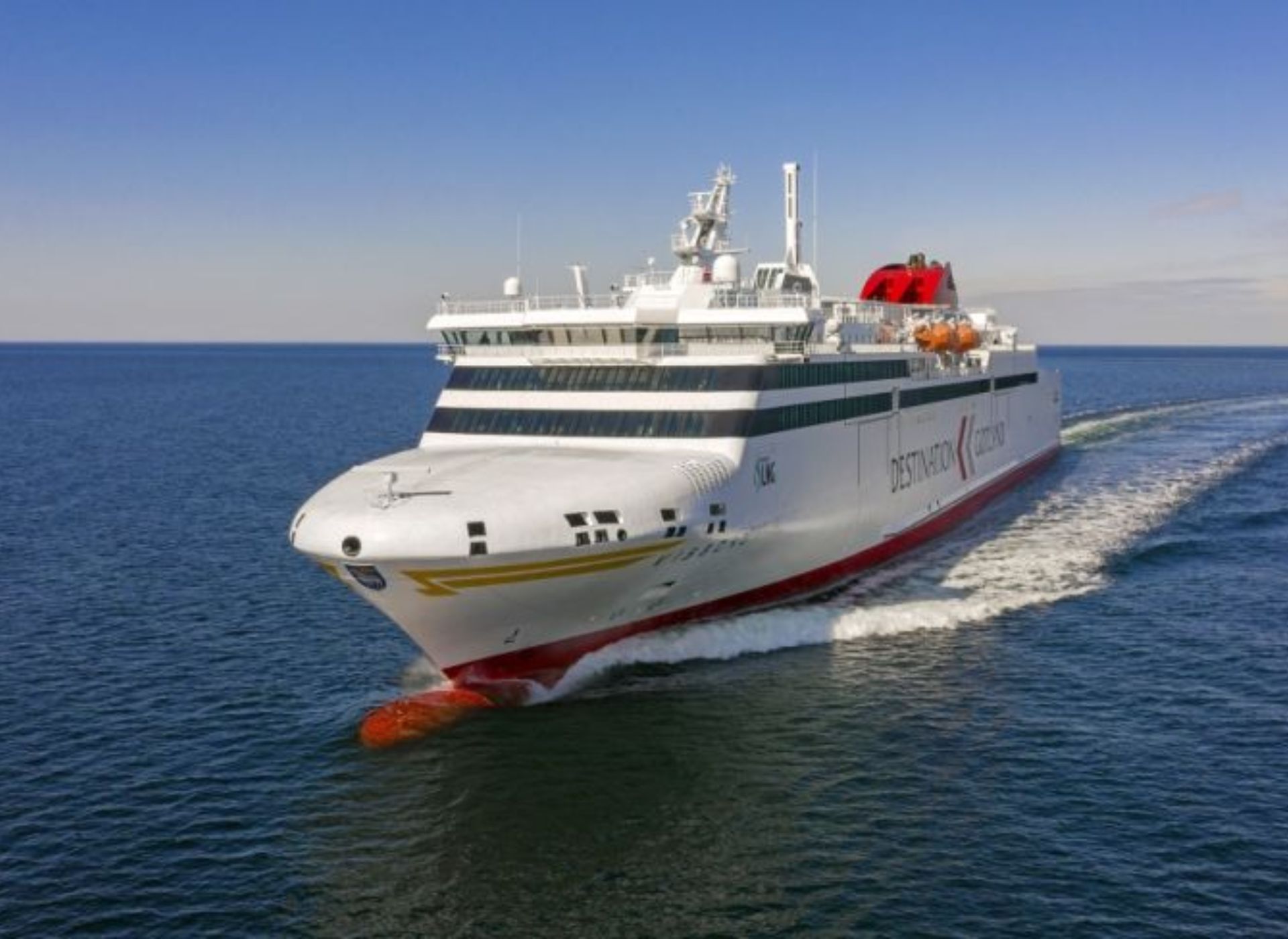A consortium integrated by Gotland Tech Development, Helios Nordic Energy AB, ABB, and us, METS Technology, has been awarded a grant for SEK 1.2 million to investigate how to carry out the partial electrification of Destination Gotland’s two LNG / LBG vessels by providing electricity to all the auxiliary systems and hotel-load. The research grant is part of the program Energipilot Gotland established by the Swedish Energy Agency.
This research project will be a decisive step towards the decarbonization of ferries! After Destination Gotland, a wholly-owned subsidiary of Rederi AB Gotland, announced that the Swedish Energy Agency had granted financial support for an exhaustive study of the electrification of the Gotland Ferry, the news was taken by some national, local and specialized media: Sverige Radio: “Destination Gotland will try to convert to fossil-free electricity,” Helagotland: “Next environmental investment: Solar-charged battery on the gas ferries,” Svensk Sjöfarts Tidning: “Investing in solar and battery operation for the Gotland ferries.”
The hybridization of large vessels is also being attempted in other Nordic and industrialized countries; however, two reasons make this project unique. First, the electricity to charge the ships’ batteries will be solar energy generated locally! Second, even more innovative, the battery packs will provide electricity not only to the ferries but also for cars while the ships are in transit from one destination to another. The latter is something that, as we are aware, has not been attempted in any country up to now.
METS tasks in this study will primarily be:
1) Mapping of operational profile and energy consumption with the current system; 2) Specify the power and energy needs of the new solution, including charging cars on the ferry; 3) Identify possible streamlining of today’s electricity users and of today’s production on board; 4) Suggestions for detailed construction of the auxiliary system and its electricity needs, 5) Analysis of the feasibility of the detailed design, including class and regulatory approval, security and installation; 6) Analysis of digital solutions with AI and ML for optimization of energy use. This task will be done by METS in cooperation with the Swedish data science start-up Datavärde; 7) Map energy flow control in onboard energy storage (ESS) based on data analysis, and 8) Identify interfaces and necessary information flow for optimized energy management.






